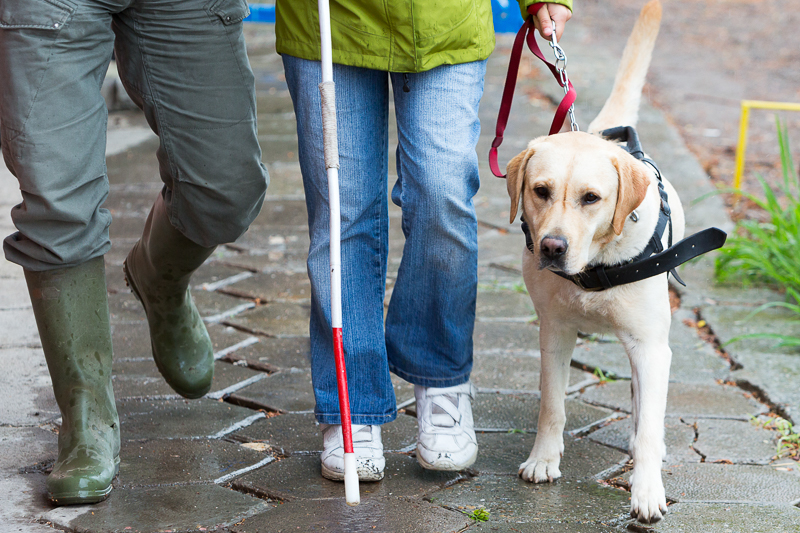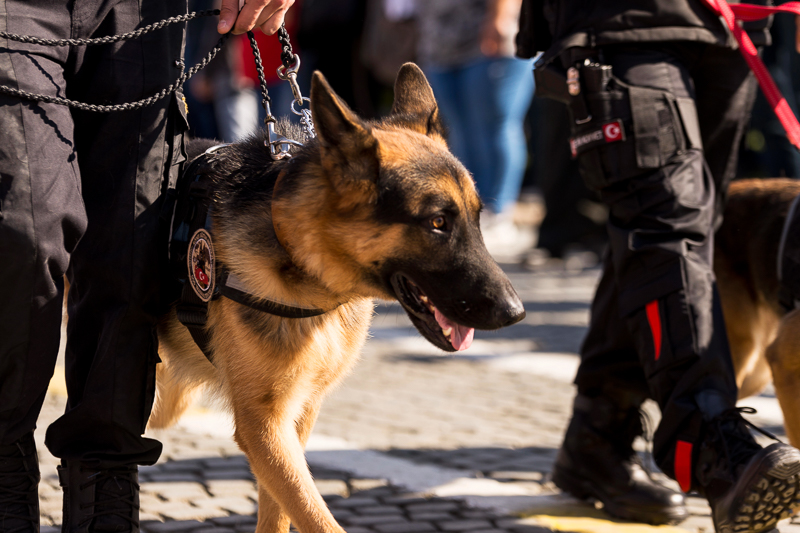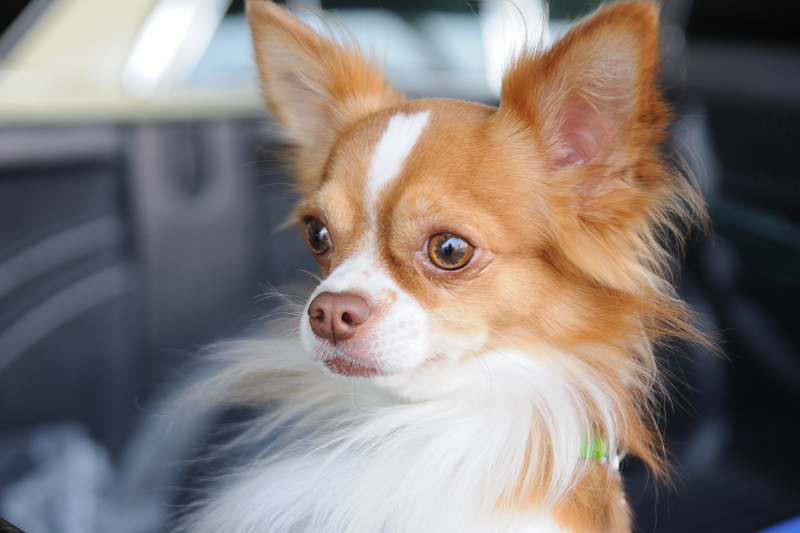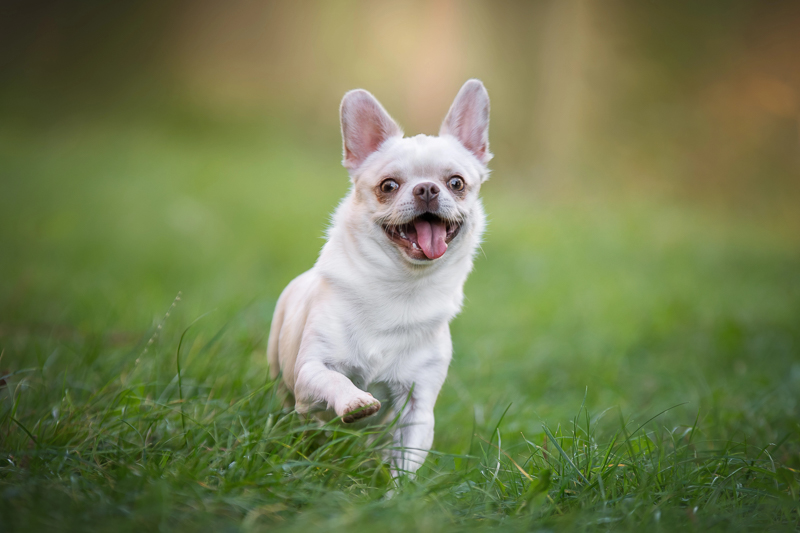
Photo: Belish/Depositphotos
It’s a common myth that the bigger your brain, the more intelligent you are. While the human brain has long been an enigma for scientists, a recent study found a surprising opposite in our canine friends.
Published in the journal Biology Letters, the study shockingly revealed that “smarter” dogs, specifically working breeds known for their ability to perform complex tasks and assist humans, actually have the smallest brains relative to their body size. In contrast, toy dogs, or companion breeds such as chihuahuas, tend to have the largest relative brain size.
Researchers from France and Switzerland examined the skulls of 1,682 adult dogs from 172 breeds, using specimens sourced from Switzerland’s Natural History Museum Bern. They measured the dogs’ relative endocranial volume (REV), which is the brain size relative to body size, as an indicator of cognitive ability.
The researchers also looked at factors such as breed function, cranial shape, cooperative behavior, and temperament, using scores from the Canine Behavioral Assessment and Research Questionnaire, which evaluates traits like trainability, attention-seeking, and aggression.
The findings challenge the assumption, guided by evolutionary patterns, that larger brains are linked to greater cognitive abilities. Working dog breeds, which were found to have the smallest endocranial volumes relative to their body size, show that sheer brain size can’t be the determining factor. Instead, internal brain composition and organization carry greater influence, as demonstrated through studies linking brain structure differences to specific breed functions like guarding, hunting, or companionship.
The study shows how REV correlates to behavior, showing how domestication and selective breeding can influence mammalian brain size in response to specific traits selected by humans. For example, REV increases with traits like fear and aggression.
Research also demonstrated that toy breeds like chihuahuas, pugs, and Yorkshire terriers, which have larger relative brain sizes, often display more fear, aggression, separation anxiety, and attention-seeking behaviors. These traits were preferred in selective breeding since they made the dogs more affectionate and eager for attention, traits ideal for companionship. By contrast, in working dogs, bred for trainability (a trait linked to smaller REV size), such behaviors would be rather disadvantageous.
“We can say that we have really altered the brains—not just the body sizes and the proportions of different dogs, but it looks like we have also changed their brains in a significant way,” said Ana Baracel, an evolutionary biologist at the Montpellier Institute of Evolutionary Sciences and the study’s lead author.
A recent study found that working dog breeds, known for their intelligence and ability to perform complex tasks, have the smallest brains relative to their body size.

Photo: casarda/Depositphotos
In contrast, toy breeds like Chihuahuas have the largest relative brain sizes, likely due to selective breeding for traits like fear and attention-seeking behavior.

Photo: ekarina/Depositphotos
Researchers suggest that brain composition and organization, rather than sheer size, play a greater role in cognitive abilities.

Photo: Kristina_photo/Depositphotos
Sources: Smarter dogs have smaller brains, surprising study reveals; Breed function and behaviour correlate with endocranial volume in domestic dogs
Related Articles:
New Study Finds That Dogs Can Help You Live Longer
Researchers Use Tiny Crochet Hats to Investigate Chronic Pain in Cats
Study Finds That Petting Dogs May Give Us the Same Brain Benefits as Socializing With Humans
